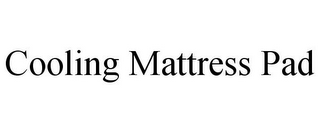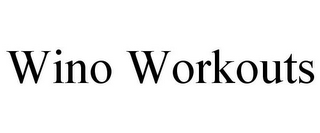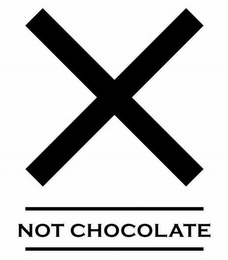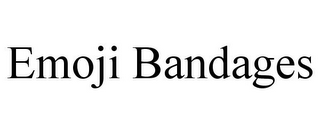On June 26, Orbit Fab, Inc. filed an application to register GAS STATION IN SPACE as a trademark with the U.S. Patent and Trademark Office. The application covers the following goods and services:
- Fuel for satellites, spacecraft, space vehicles, and space stations; propellant for satellites, spacecraft, space vehicles, and space stations (Class 4); and
- Repair, maintenance, and refueling services for satellites, spacecraft, space vehicles, and space stations (Class 37).
In other words, space gas stations? The application was filed on an intent-to-use basis, so it may never register, but does indicate Orbit Fab, Inc. has plans to launch such gas stations (which is confirmed by the company's website).
But is GAS STATIONS IN SPACE merely descriptive of the underlying goods and services? If so, Orbit Fab will have a difficult time getting this mark registered (on the Principal Register, at least).
A trademark is generally "considered merely descriptive if it immediately conveys knowledge of a quality, feature, function, or characteristic of an applicant’s goods or services." See TMEP 1209.01(b).
Does GAS STATIONS IN SPACE merely describe a quality, feature, function, or characteristic of the refueling services for satellites, spacecraft, space vehicles, and space stations? What about fuel for such vehicles? We'll find out what the USPTO thinks in approximately three months after this application is assigned to an examining attorney for review.
According to my quick search, this is the first ever federal trademark application filed by Orbit Fab, Inc.



















